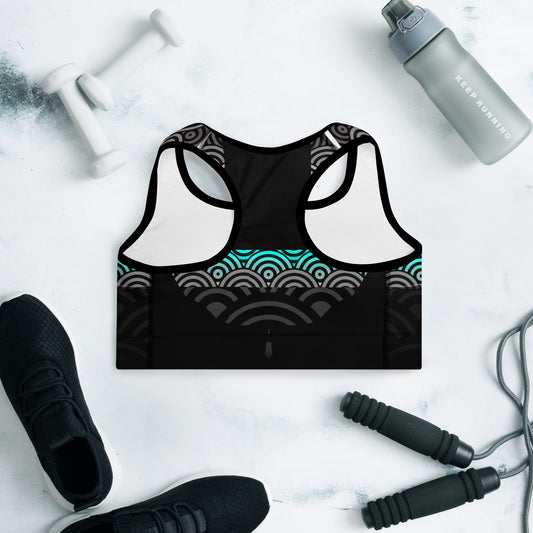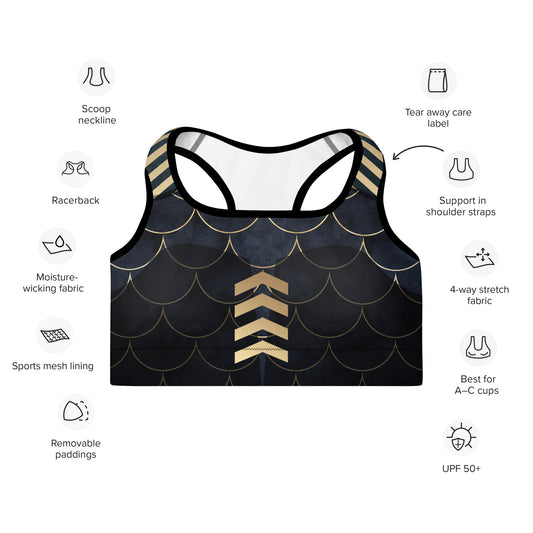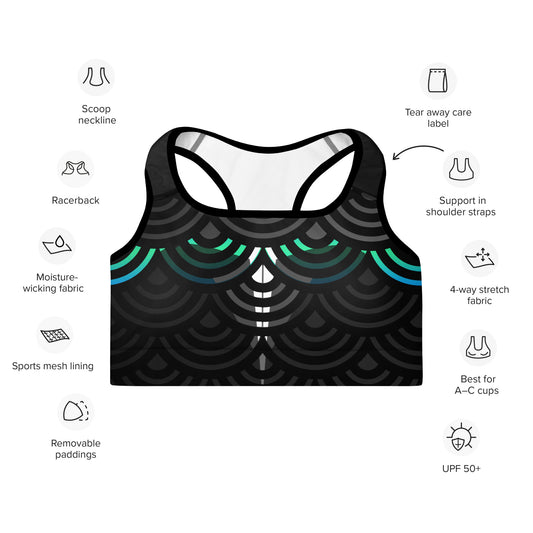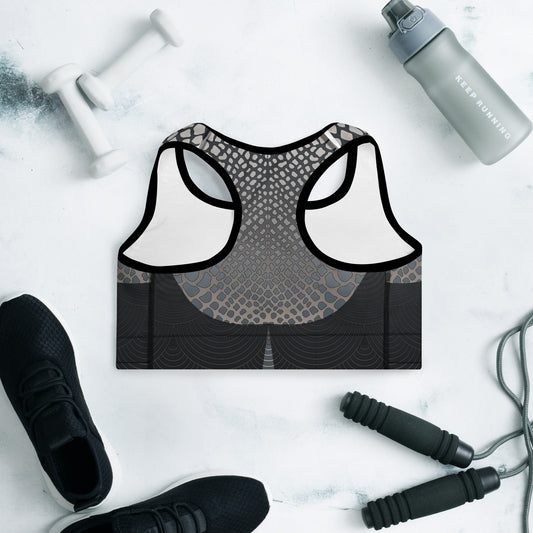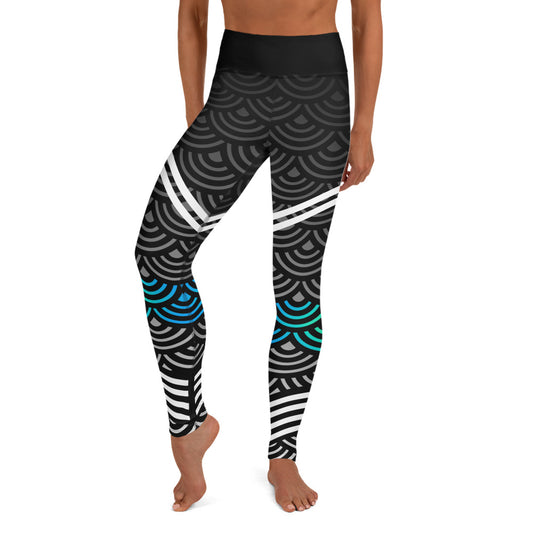Three Rainbow Bee Eaters Women's Fashion Fit T-Shirt

Looking for an eco-friendly, enviro-friendly and ethically sourced hoodie? You’ve come to the right place. Our manufacturer is one of the world’s most efficient and sustainable apparel makers. They have been measuring, monitoring, optimizing, and reporting their environmental results for close to 20 years. They are committed to reducing their greenhouse gas emissions by using energy efficiency initiatives and alternative energy sources. Here are some of their impressive achievements:
- 53% of their energy comes from direct sources, mostly from biomass (a low-carbon fuel)
- Their Scope 1, 2, and 3 GHG emissions targets are validated by SBTi
- They reduced their absolute Scope 1 and 2 GHG emissions by 10.9% (compared to 2018 base year)
- They use biomass energy systems that burn waste materials to generate steam and thermal energy for their factories
- They prevent organic materials from entering landfills where they would produce harmful GHGs
Our hoodie is not only good for the planet, but also for you. It’s made from high-quality materials that are soft, durable, and comfortable. Order yours today and join us in making a positive difference. 🌎
For close to 20 years, our manufacturer has measured, monitored, optimized, and reported their environmental results to understand and lower their impact on the planet. Since then, they have pursued continuous improvements in every aspect of their operations to become one of the world’s most efficient and sustainable apparel manufacturers.
Climate change is a reality that affects us all. Our Manufacturer is committed to using energy efficiency initiatives to minimize our greenhouse gas (GHG) emissions whenever and wherever possible. They work to increase energy efficiency across their operations by reducing their reliance on fossil fuels and favouring more sustainable alternative energy sources and production processes.
Take a look at some of their annual numbers:
- 53% of their energy comes from direct sources of which the majority is from biomass (a low-carbon fuel)
- SBTi validated their Scope 1, 2, and 3 GHG emissions targets
- 10.9% reduction of absolute Scope 1 and 2 GHG emissions (compared to 2018 base year)
Steam & thermal energy
Their biomass energy systems burn agricultural, factory, and process waste – including wood by-products, paper, cardboard, and cotton waste – in high-efficiency boilers that generate steam and thermal energy required in their textile factories. These systems help them generate close to half of our total energy needs.
This process is carbon neutral because it prevents organic materials from entering landfills where dangerous GHGs would be emitted during the decomposition phase. The ash created during the process remains organic and serves as an effective fertilizer with low levels of sulphur for local agricultural processes.
Condensate return
Condensate is the hot liquid by-product resulting from steam energy that has been used in heat transfer processes. Condensate is warm water containing chemical additives that can be reused to produce steam, at just one-third of the cost of generating steam from fresh water and new chemicals.
Heat recovery
Their heat recovery systems use thermal energy to heat water for their dyeing process. This allows them to significantly reduce the amount of steam they need to generate the required temperature for dyeing, and ultimately allows them to conserve water and reduce energy consumption.
Absorption chillers
Their absorption chillers capture thermal energy from their steam to create cool water that drives many of their factories' air conditioning systems. This system generates energy savings in the millions allowing them to reduce their energy use.
- 95% of water withdrawal comes from groundwater
- 18.4% reduction in water intensity compared to 2018
- 100% of textile and hosiery facilities follow the Zero Discharge Hazardous Chemicals (ZDHC0 guidelines).
Clean water
They use the Gildan Biotop, an innovative biological wastewater treatment system that uses bacteria and microorganisms to clean water until it’s virtually dye and chemical-free. Only then do they return the water to the environment, where it feeds the wetlands, effectively promoting biodiversity.
Lowering water intensity
Another way they manage water is by ensuring they optimize its utilization. They leverage systems that allow them to integrate practices focused on reusing and recycling to maximize how much of it they use.

Mermaid Match Up or Mix Up Sports Bra
Choose your favourite style Sports Bra in the Mermaid Collection, now you have to decide to match it up or mix it up with the High Waisted Leggings
-
Mermaid Ebony Padded Sports Bra
Regular price £50.00 GBPRegular priceUnit price / per -
Mermaid Pearl Padded Sports Bra
Regular price £50.00 GBPRegular priceUnit price / per -
Mermaid Lightening Cloud Padded Sports Bra
Regular price £50.00 GBPRegular priceUnit price / per -
Mermaid Asia Padded Sports Bra
Regular price £50.00 GBPRegular priceUnit price / per -
Mermaid Cloud Padded Sports Bra
Regular price £50.00 GBPRegular priceUnit price / per
-
Mermaid Asia High Waisted Leggings
Regular price £46.00 GBPRegular priceUnit price / per -
Mermaid Ebony High Waisted Leggings
Regular price £46.00 GBPRegular priceUnit price / per -
Mermaid Cloud High Waisted Leggings
Regular price £46.00 GBPRegular priceUnit price / per -
Mermaid Storm High Waisted Leggings
Regular price £46.00 GBPRegular priceUnit price / per -
Mermaid Pearl High Waisted Leggings
Regular price £46.00 GBPRegular priceUnit price / per


